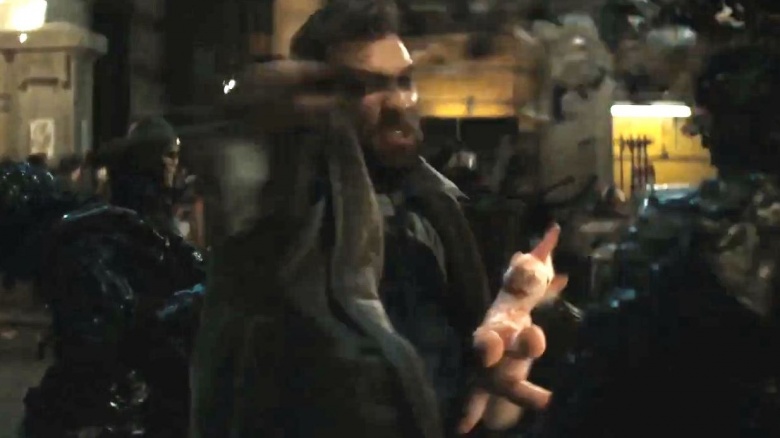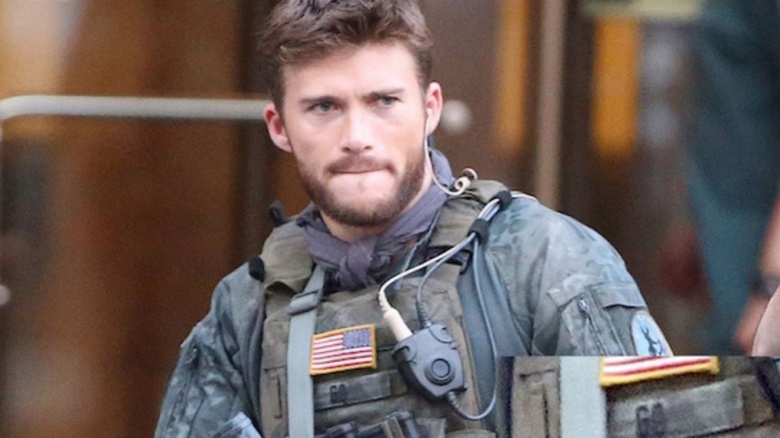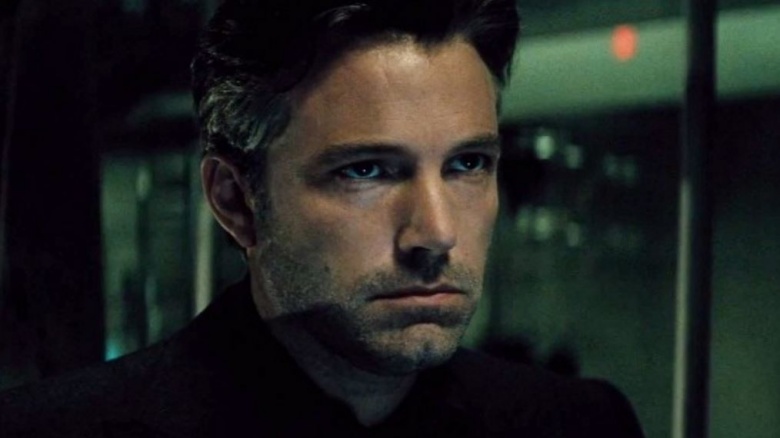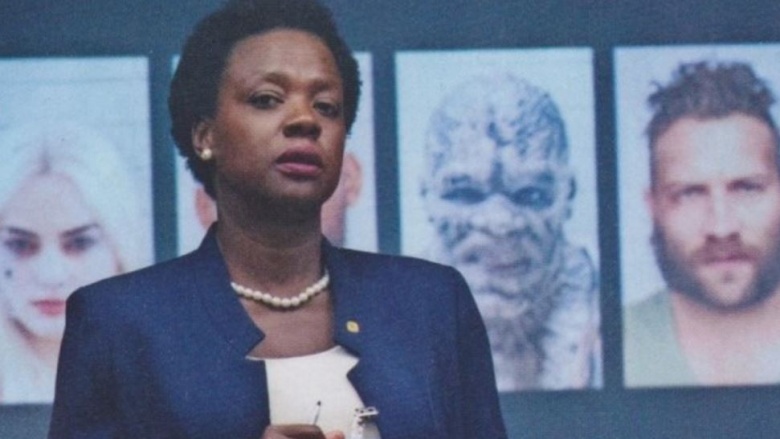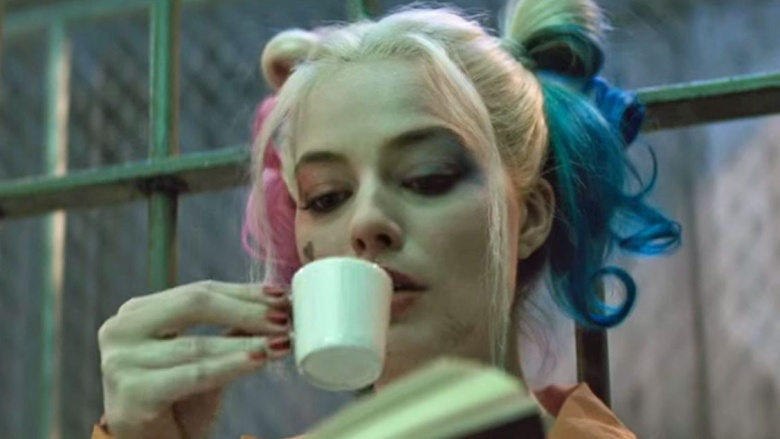Biggest Unanswered Questions In Suicide Squad
Suicide Squad is only the third movie in a shared cinematic universe that DC and Warner Bros. hope will one day rival Marvel's lofty legacy. It's just one piece of a larger puzzle, so two hours isn't enough time to squeeze in the answer to every question raised, especially with such a big cast of characters. Besides, that's what sequels are for! Let's break down the big questions Suicide Squad left unanswered.
What's up with Captain Boomerang's unicorn plushie?
Captain Boomerang is the Squad goofball—a crude, jittery dude who loves a good fight until he's outmatched and, for some reason, carries a pink plush stuffed unicorn doll in his trenchcoat. It's rarely seen, but it's heavily implied that it's tucked between his chest and coat all the time. At one point, during a fight against Enchantress' goons, Boomerang loses the plushie, only to pick it up after the fight while whispering sweet nothings into its ear. Its significance is never explained. As far as the movie is concerned, it's just a weird affectation.
What happened to GQ?
Scott Eastwood (Clint's son) has a small but not insignificant role as GQ, Rick Flagg's lieutenant. In the film's climax, GQ, who's in the sewers beneath the Squad and Incubus as they do battle, plants a bomb beneath Incubus' feet. It blows up and turns the tide of the brawl—but GQ was only about six inches away from the blast when it happened, and he's probably dead. We say "probably" because the movie never tells us. He's never mourned, even by Flagg, even though he was there every step of the way with Task Force X and is owned a great deal of credit for (maybe) sacrificing his life. The guy is a hero among villains who are learning to be heroes. And yet, once that bomb goes off, the memory of his involvement gets lost in the rubble. Is he not mourned because he's not dead?
Why does Bruce Wayne want Enchantress' file?
In the mid-credits scene, we see Bruce Wayne meeting Amanda Waller over dinner to receive some files on potential Justice League candidates. The stack includes Barry Allen (the Flash) and Arthur Curry (Aquaman). Also included in the stack is June Moone, a.k.a. the Enchantress, the villain of the film. She survives the ordeal, although the evil demon/witch/whatever inside of her has been killed. Why is Bruce taking her into consideration even though she doesn't have superpowers anymore?
Wait…so Waller knows Bruce Wayne is Batman?
One of the final lines of the mid-credit scene is a little joke from the normally humorless Amanda Waller, delivered at Bruce Wayne's expense. Waller tells Bruce he looks tired and suggests he "stop working nights"—telling Bruce, as coyly as possible, that she knows he's Batman. How or why she knows is never discussed. Bruce absorbs it like he knew she knew, unless he's just hiding it well—which would be dumb, considering he then tells Waller to stop using the Suicide Squad because his friends (*wink wink*) will take care of things from now on.
Does Harley want to be normal?
Before the final showdown between Enchantress and Task Force X, Enchantress fills the squad's mind with visions she claims she can make real. Everyone sees his or her personal version of bliss: Deadshot with his daughter, Diablo back home with his wife and kids, Rick Flagg embracing June Moone in bed. Harley, however, sees something altogether more frightening: Harleen Quinzel, her former self, living a happy, satisfied, and sane life as suburban mother. Her husband enters her vision—it's the Joker. No makeup. No insanity. He's in a business suit. He'll be off to work soon. This is the life she wants. As much as she loves Joker, and maybe loves their shared insanity, her ultimate dream is to keep their love but subtract the mental health issues. The movie seems to suggest that Harley just wants to be normal.

